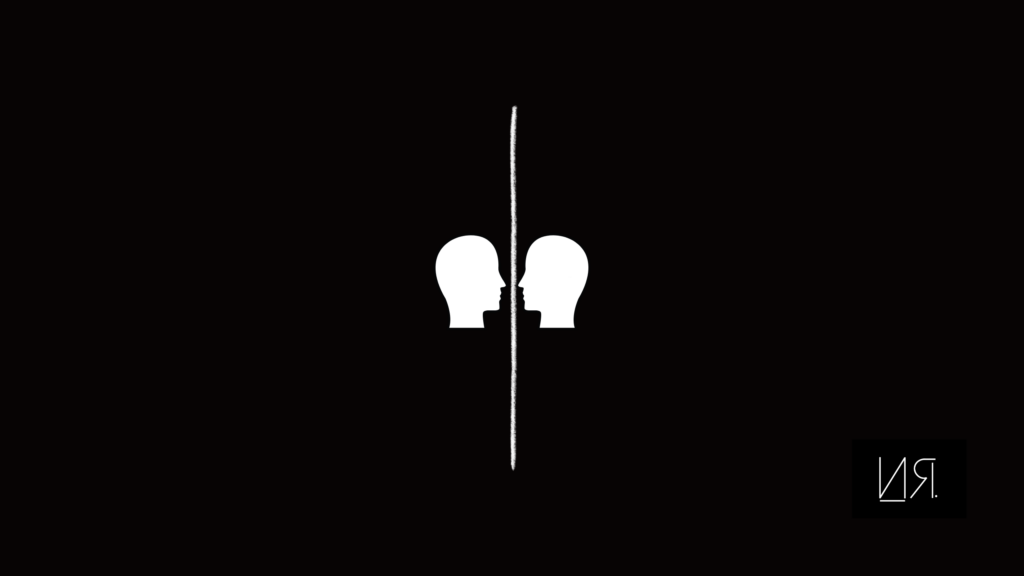It’s almost five years now since I published my first book.
When I ventured out to interview musicians, designers, and entrepreneurs about music and it’s impact on social change, I was initially moving with the narrative that we all wanted to “fight the power” like my favorite musicians.
I thought everyone would want to get free from any form of oppression.
Then interviewed Seun Kuti, the son of Afrobeat pioneer Fela Kuti, and he said “you have to read this book – THE PEDAGOGY OF THE OPPRESSED.“
I got a copy and read it.
One of the main themes the book talked about was the “circles of certainty” and how in reality most people have a “fear of freedom.”
I realized not everyone wants to be free.
Free cost:
Most people don’t want freedom.
They want the pleasures and comfort they think comes with freedom.
But they don’t want the process and cost of freedom.
That means making your own decisions, sticking out sometimes, not being part of the consensus.
Just like when you think different from your friends but you keep it to yourself, just to be with the homies. This happens in work too as it does in your personal life, eroding your power to decide.
Freedom comes at a cost, which includes self-responsibility.
And in an era where the cost of building and creating stuff keeps dropping, one of the most important things to have is agency and that starts with self-responsibility.
4 Ways to strengthen self-responsibility:
I was down for a few days, maybe even weeks, after publishing my first book.
I later learned there’s something called a post-creation depression. It happens when there’s a void after delivering a huge project.
You might have felt it before.
Maybe after organizing an event, or striving for a promotion, or finalizing that huge deal. Then comes the question “so all that for what? What next?”
After experiencing this, I had to embrace the fact that I was the person putting myself in the situation to feel this way, and learn to deal with it. I now experience the slump a lot less after publishing subsequent books.
With self-responsibility, you have to embrace the good, bad, and ugly, understanding the highs and the lows of the entire journey.
It will help you build self awareness, develop more empathy for others, and keep you accountable to what you want to achieve.
Here are four ways that I’ve learned to reinforce self-responsibility.
1. Letting go of the outcome
The process is all there is.
Creativity is not an output, but a practice. What most people see is the outcome and the tangible manifestation of creative work – a business, product, or painting. They notice others giving the creators of these things attention.
As social creatures, we want that same level of acceptance, so we put these tangible things on a pedestal and say “I want to create mine, so I can get the love, wealth, prestige, and admiration that comes with it.”
The reality is that the product is really the by-product of the creative practice.
If you focus on the process and the personal growth you’ll gain from learning, the outcome will take care of itself.
The outcome and the destination is not as important as the journey itself.
2. Failure is part of the process
I was recently at an AI developer conference in San Francisco.
On stage, a developer was leading a workshop, he ran his code for a demo, and it didn’t work. He immediately said “hmm error” Internally, I thought “oh no, please work.” I didn’t want him to fail. He put his head up from his computer and said “don’t worry, errors are good. Debugging is part of the process. They help us learn more.”
I was like “wooooow.” As much as talking about being a “Lifelong learner” and that “failure is part of the process,” deep down, I’m still programmed to want everything to go smoothly with no failure. And I know a lot of people feel the same way.
This is just a reminder that success is not a flawless path to an outcome.
It’s the windy journey of discovery and growth you take to get there.
3. Understand the psychology of association
People want to be associated with winners not losers.
It sucks but suck it up. Most people want to be associated with success because it adds to their prestige. When you’re failing, they will shun you and this has nothing to do with you.
I remember when I started my first business, I met people who hadn’t started a business but had these start-up, exponential growth fantasies in their mind. When they asked about my business and I delivered anything but the profit-rocketship narrative, I sounded like Damien Downer.
I shattered their need to associate with successful things.
I thought I was “doing right” by “keeping it real” and telling them that enterpreneurship is not a bed packed with rose petals of praise, glitz, and glamor. They were like “bye, Nifemi. Don’t kill my fantastic dreams with your lackluster business and publishing stories.”
A lot of people want to keep dreaming to dwell in their circles of certainty. Give them the snooze button. Let them. Go your way.
4. Accept that you most likely volunteered:
“Nobody told you to come here”
Just over 10 years ago, when I started my MBA, I had just torn my left Achilles.
The year after, I was trying to get back in shape and strengthen my leg, so I started exercising with a fellow classmate who was a navy seal. Besides the physical training, I really enjoyed learning his mindset. He explained that during one of the most intense training called “Hell Week,” when you’re about to give up, the commanders will remind them “don’t forgot, you are free to quit, nobody asked you to sign up for this.”
That’s the thing. They weren’t forced to sign up.
They volunteered to go through one of the most strenuous training in the world.
The same goes for any creative venture you go on – starting a business, publishing a book, building a team.
Remember, no one is forcing you to do it.
As you proceed, you have to question why you volunteered yourself to get on this path. It’s a question I ask myself all the time. I know there are some that have to do it because they don’t have other options but most people that I know don’t fall into this bucket.
The people I know ask me to help them think through their new business idea. Then ask “so should I do it?” I respond: “you have to go find out from your customer.” What do I know?
It’s like they’re waiting for me to give them permission, so that if it fails they have someone else to blame.
Nope, you volunteered to do this. It’s all on you. Own it.
Patience, service, and community
This game takes time.
Be patient, but remember: You are not alone.
There is a community of people that are going through the same thing. Part of the journey is to find your tribe of people that have similar interests and feel called to do whatever work that they are owning to do.
Because there’s nothing stronger than a community of people that adopt self-responsibility.
Own your wins and losses, be patient, and keep moving forward.
Yours truly,
Nifemi



